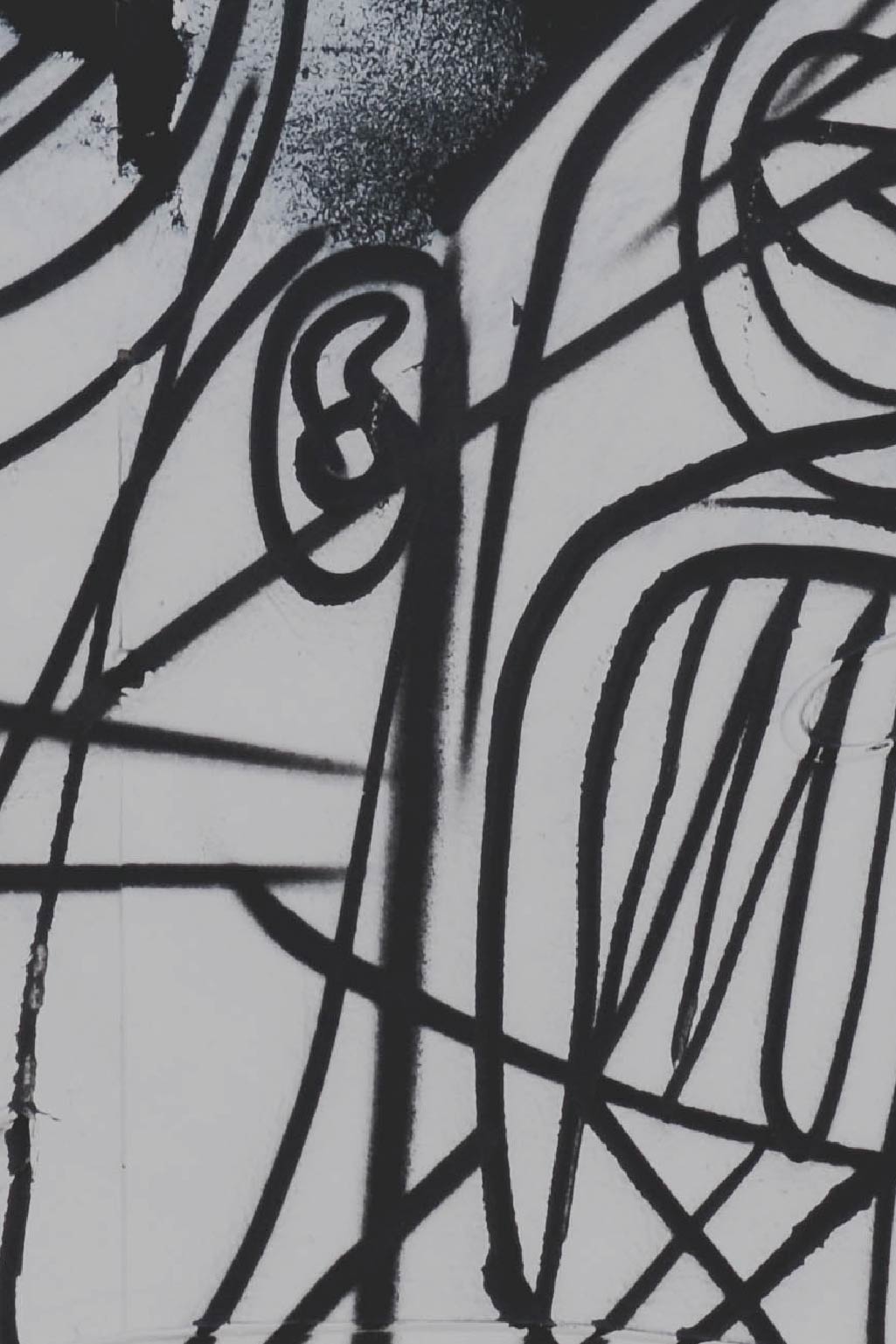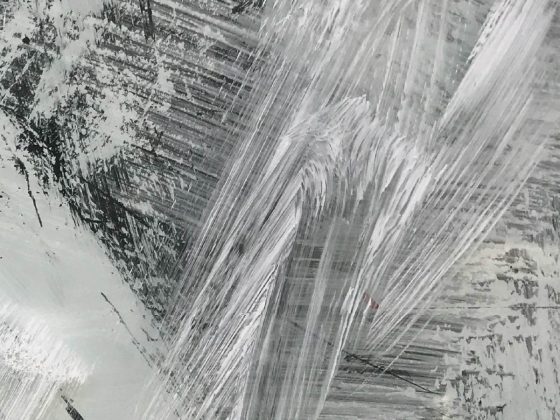Teología y cultura, año 15, vol. 20 (diciembre 2018), pp. 23-34 ISSN 1668-6233
En torno al grupo Éranos se convocaron diversos pensadores e investigadores que quisieron poner en cuestión la inactualidad del mito —presuntamente liquidado por el mundo científico moderno—. Si bien Gershom Scholem, Cari Jung o Mircea Eliade constituyen las figuras centrales de esa agrupación, también tomaron parte Eric Voegelin, Hans Joñas y Jacob Taubes. Estos tres autores compartieron una preocupación común: la vigencia del gnosticismo en la cultura intelectual europea de mediados del siglo XX.
Nuestro trabajo se centra en tres ejes de discusión: 1) la puesta en cuestión del carácter específicamente griego del pasaje del mito al lógos —como una dinámica que también tuvo lugar en la tradición del monoteísmo bíblico—; 2) la tesis de un retorno del mito bajo la forma de la gnosis (Voegelin, Joñas, Taubes); 3) el panorama que se abría, frente a la crisis del liberalismo, con el retorno del mito y el auge del fascismo en sus diversas formas. El objeto de esta comunicación es desplegar estos debates, de mediados del siglo XX, para comprender su vigencia en algunas tesis filosóficas contemporáneas de Jürgen Habermas, Doménico Losurdo y Philippe Lacoue-Labarthe.
Palabras clave: mito, razón, gnosis
Abstract: Around the Eranos group, there carne together diverse thinkers and researchers who wanted to cali into question the lack of applicability of myth in the present, as something presumably liquidated by the modern scientific world. While Gershom Scholem, Cari Jung or Mircea Eliade were the central figures of this group, Eric Voegelin, Hans Joñas and Jacob Taubes also took part. These three authors shared a common concern: the validity of Gnosticism in the European intellectual culture of the mid-twentieth century.
Our work focuses on three areas of discussion: 1) the questioning of the specifically Greek character of the passage “from myth to logos”, as a dynamic which also took place in the tradition of biblical monotheism; 2) the thesis of the return of myth in the form of gnosis (Voegelin, Joñas, Taubes); 3) the scenario that opened up, in the face of the crisis of liberalism, with the return of myth and the rise of fascism in its various forms. The purpose of this communication is to reconstruct these mid- twentieth century debates, to understand their applicability to some contemporary philosophical theses of Jürgen Habermas, Domenico Losurdo and Philippe Lacoue- Labarthe.











